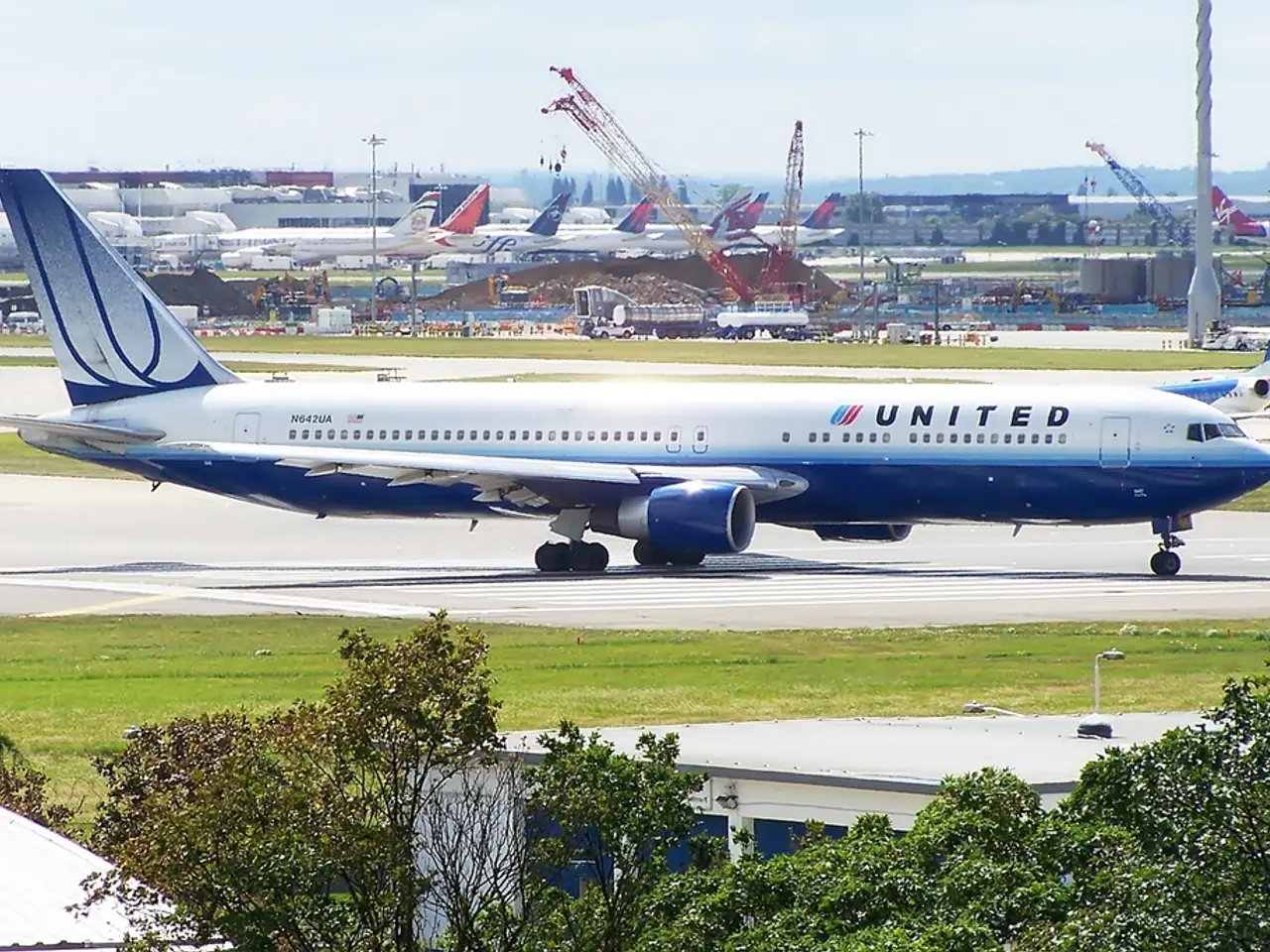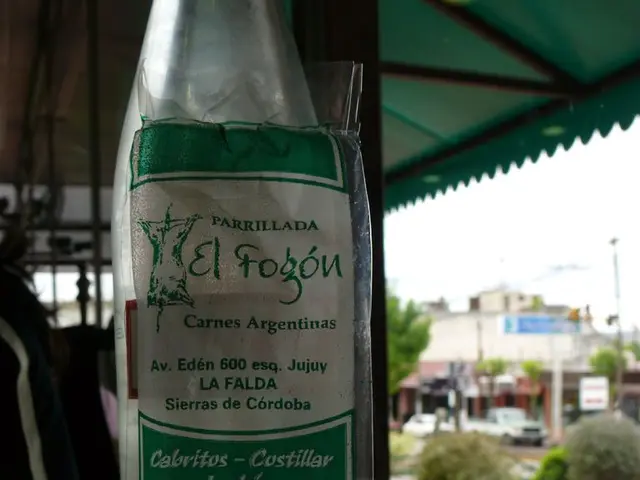Shell Cancels Rotterdam Biofuels Project Amidst Production Challenges
Shell has faced setbacks in its biofuels ventures, with the recent cancellation of a sustainable aviation fuel project in Rotterdam. The decision comes amidst challenges in biofuel production pathways and a revision in Shell's carbon emissions targets.
Shell's biofuels plans have encountered hurdles due to the high costs of production pathways like power-to-liquid or e-fuels. These methods rely on green hydrogen and captured carbon dioxide, making them currently more expensive than conventional fuels.
In March 2023, Shell abandoned its sustainable aviation fuel project on Singapore's Bukom Island. The company also cancelled its biofuel plant project in Rotterdam, impacting its Marketing segment subsidiary. The Rotterdam plant was deemed 'insufficiently competitive' for affordable, low carbon products.
The cancellations will result in a $600m write-down for Shell. The company has also revised its carbon emissions intensity target to a 15% to 20% reduction by 2030, down from its previous 20% target. Shell's liquefaction volumes for the third quarter are expected to total 7 to 7.4 million tonnes.
The cancellation of the Rotterdam biofuels plant underscores the challenges in biofuels production, including sustainable aviation fuel. It also highlights the financial implications, with an expected impact of $200m to $400m on upstream adjusted earnings.
Read also:
- U.S. CBP's Operation Plaza Spike Boosts Fentanyl Seizures Along Arizona-Mexico Border
- Auto Industry Updates: Geotab, C2A, Deloitte, NOVOSENSE, Soracom, and Panasonic in Focus
- Siemens Energy Kicks Off Hydrogen Push in Chile
- Republican Representative Buddy Carter from Georgia discusses solar energy, electric vehicles, and nuclear power.







